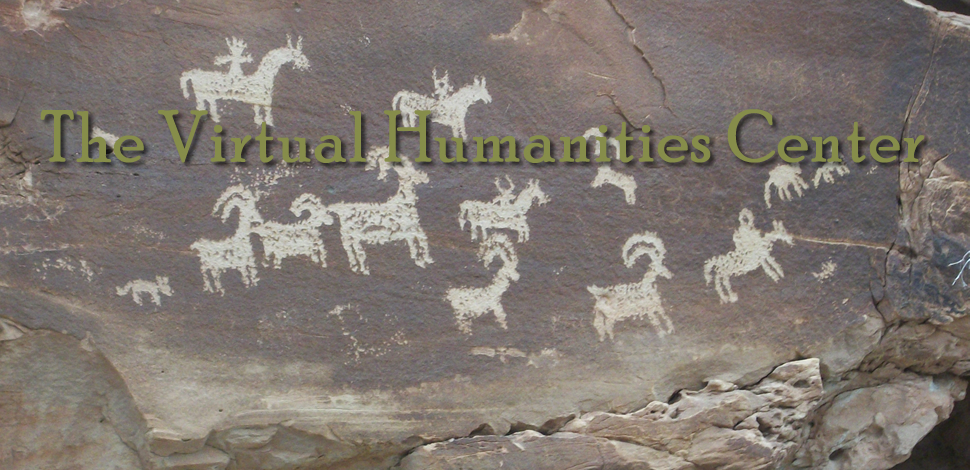
"The problems facing our country have less to do with the technical competence of our work force than with the failure of our leaders and many citizens to understand the values, institutions and reciprocal commitments that bind a society together and link the future of our democracy to the dreams, welfare and rights of people throughout the world. The study of history, philosophy, literature and foreign languages is essential for that understanding."
- Stephen L. Kass
WELCOME TO THE HUMANITIES GATEWAY COURSE
The Humanities Gateway course is designed as an introductory course to the human experience for all GBC students. Built around shared experiences and values across place and time, the Gateway opens the breadth of human triumphs and tragedies to students to provide a basis for understanding current and future situations that will require more than just a technical solution.
The Humanities Gateway Course is designed to impart eight key humanities skills to students:
- Communication, written and oral
- Critical Thinking
- Creativity
- Ethical Reasoning
- Ability to analyze/interpret
- Ability to work collaboratively
- Civic Responsibility / Cultural Understanding
- Application of Knowledge to Real-World Problems
The Human Dialogue
At the core of the Humanities is the concept of Dialogue--between people, between cultures, between times. The Humanities Gateway Course is intended to give students both the skills and the content to engage in the ongoing dialogues that surround us all.What is art for? It guides them through the most challenging of human situations, where the solutions are neither immediately obvious nor unquestionably correct.
An Example of a Humanities Gateway Course Module
At the core of modern Western societies is the idea of the "social contract"--the basic rights, values, and responsibilities that bind Western societies together. These ideals derived from the tumult of the seventeenth and eighteenth centuries. But these ideals are not as simple as merely a list of rights. Although Western societies share a vocabulary of "rights" and "freedoms" and "liberties" and "equality", what is actually meant by these terms varies widely--which in turn impacts how Western societies react to new issues.
Module Objective:
Students will develop an understanding of the three major social contract theories of modern Western societies, and how these different approaches impact contemporary issues.
Background Readings:
- Thomas Hobbes, Selection from Leviathan (1651)
- John Locke, Selections from Second Treatise on Government (1692)
- Jean Jacques Rousseau, Selections from The Social Contract (1762)
Background Lecture:
Student Assignment:
Students should read Patrice Higonnet's Burka in the French and American Minds article.
Question Prompts for Discussion/Writing:
- What is the core issue on the wearing of Islamic head/body coverings?
- How are the various social contract theories (Hobbes, Locke, Rousseau) reflected in these debates?
- Why are American and French attitudes towards Islamic head/body coverings so different?
